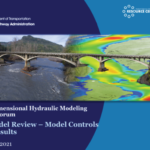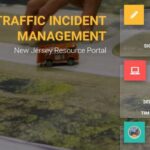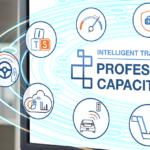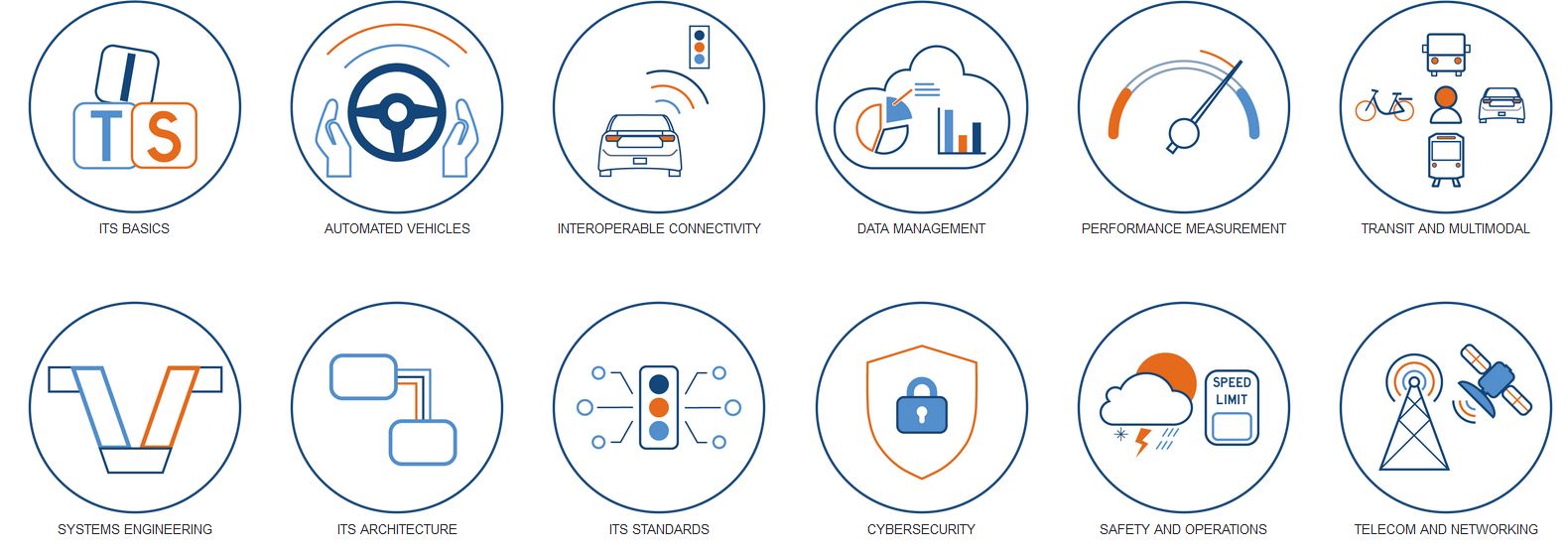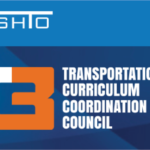The Federal Highway Administration’s National Highway Institute (NHI) offers a variety of web-based environmental training courses focused on air and noise pollution. These courses are designed to meet the needs of transportation professionals working in engineering, design, and project development/NEPA units within transportation agencies—primarily state DOTs. They may also be valuable for individuals involved in planning, asset management, operations, and maintenance.
Expected participants include experienced staff from state DOTs, local governments, Tribal governments, federal and state agencies, and consulting firms.
- Air Quality Planning: Clean Air Act Overview (FHWA-NHI-142068, 1.5 hours, free)
The purpose of this training is to provide participants with an overview of air quality planning, including requirements, processes, interactions with and implications for, transportation planning and project development. - Air Quality Planning: SIP and TCM Requirements and Policies (FHWA-NHI-142069, 1 hour, free)
This course covers the different types of SIPs and key CAA SIP requirements general to all SIPs and specific to ozone, CO and PM SIPs; discusses how the EPA processes SIPs; explores the key features of EPA SIP policies and how they differ from CAA requirements; and explains RACM and how it applies to TCMs. - Air Quality Planning: SIP Development Process (FHWA-NHI-142070, 2 hours, free)
This course provides an overview of the State Implementation Plan (or SIP) development process, focusing on agency roles, with an explanation of the problem definition and solution parts of the process. This course also covers motor vehicle emission budgets that are included in SIPs and used in conformity determinations, as well as describes EPAs procedures in approving and disapproving SIPs. - Air Quality Planning: Transportation Conformity (FHWA-NHI-142071, 1.5 hours, free)
This course defines transportation conformity and is designed for individuals that are new to transportation conformity, with little to no experience with the Transportation Conformity Rule. - Acoustics of Highway Traffic and Construction Noise (FHWA-NHI-142086, 2 hours, free)
The goal of this course series is to help learners understand the regulations, foundational scientific concepts, and processes associated with performing highway noise studies that lead to design and construction. The courses in this series provide an overview of highway traffic and construction noise based upon and focused on the FHWA’s 23 CFR 772. - Highway Traffic and Construction Noise Regulations (FHWA-NHI-142087, 2 hours, free)
The modules in this course provide an overview of legislation, regulations, and policies that apply to highway traffic noise and include: Noise Legislation, Regulation, and Policy, 23 CFR 772, Project Types, Impacts and Land Use Categories, Feasibility, Reasonableness, Construction Noise. - How to Measure Highway Traffic Noise (FHWA-NHI-142088, 2 hours, free)
The modules in this course focus on noise measurement and include: Basic Concepts and Resources, Field Instrumentation, Planning and Execution, Site Selection and Sampling Periods, Documentation, Multimodal Projects. - Abatement and Design Considerations for Highway Traffic Noise (FHWA-NHI-142089, 2 hours, free)
The modules in this course focus on operational noise abatement including: Non-Barrier Abatement Methods, Barrier Methods – Noise Walls, Barrier Methods – Berms, Structure Mounted Noise Walls, Special Features for Walls, Wall Materials, Multimodal Projects. - An Introduction to the Traffic Noise Model (TNM) 3.0 (FHWA-NHI-142090, 3 hours, free)
The modules in this course focus on TNM modeling and include: Overview of TNM, Noise Studies ─ Type I and Type II Projects, Use of Noise Analysis Areas, Inputs ─ Roadways, Inputs ─ Traffic, Inputs ─ Paths and Receivers, Non-Residential Receptor Analysis, Basic Barrier Design Considerations Outputs, Low Volume Road Noise Calculation Tool. - Public Involvement for Highway Traffic and Construction Noise Projects (FHWA-NHI-142091, 1 hour, free)
The modules in this course focus on public involvement as it relates to noise projects including: Overview of Public Involvement Programs, Best Practices, Roles and Responsibilities, Tasks by Project Phases. - How to Mitigate Construction Noise (FHWA-NHI-142092, 1 hour, free)
The modules in this course focus on construction noise including evaluation and abatement techniques.





